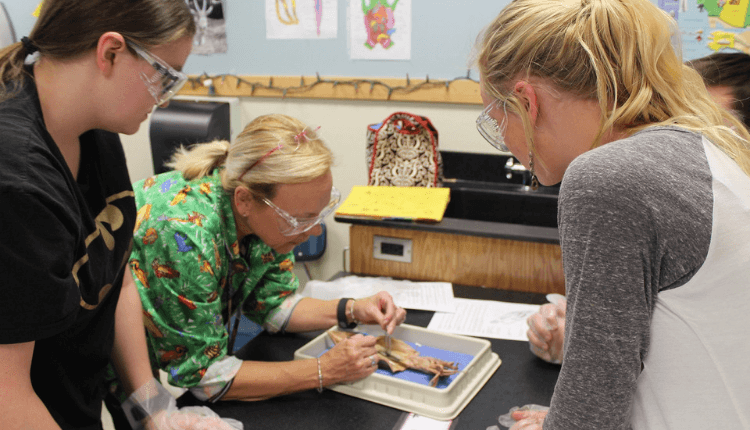Tips on Developing an Effective Undergraduate Research Program

Undergraduates can partake in research and they do so regularly. These opportunities are good for students who wish to get a taste for research. Undergraduate research projects exist in all research fields and can range from field trips and laboratory research to works of fine art and text-based research. Overall the research goal is the same: to investigate a subject and gain experience that can further your career.
“Research is what I’m doing when I don’t know what I’m doing.” – Wernher von Braun
Everyone Benefits from Undergraduate Research
Undergraduate research is beneficial to students, supervisors and institutions. They provide training, experience and add to productivity.
Undergraduates can gain great experience from being involved in research. It gives them:
- An idea of what a career in research entails.
- An advantage when applying for employment and further studies.
- An opportunity to develop and explore different laboratory techniques.
- Skills in analysing and interpreting results.
- Networking skills.
Supervisors benefit from undergraduate research too and starting an undergraduate research program can be good for your laboratory and institution. An undergraduate researcher program can:
- Improve the productivity of your research group.
- Enhance your teaching skills.
- Help you brainstorm and also question your ideas.
- Improve your advising skills.
- Force you to plan and also implement your project carefully with deadlines.
- Help you get to know potential future graduates.
How to Develop an Effective Undergraduate Program
Make the most of your undergraduate research program by planning well and selecting the right candidates for the job. Here we give some tips on how to collaborate effectively with undergraduates:
Project
Decide on a selection of small projects that an undergraduate can be involved in.
Requirements
Decide on the qualities of the student. Do they need to have completed a course in order to make a meaningful contribution to the project?
Advertise
Write a brief (exciting, but honest) blurb about the project and how an undergraduate will enjoy the work and benefit from it. You can use your university’s websites and mailing lists to advertise the position.
Filter
Create a short-list of the applicants according to their coursework, grades, interests, working style and also recommendation letters.
Interview
Set up meetings with the applicants to find out how well they communicate and also whether they have the necessary skills and enthusiasm for the project.
Project selection
Give the undergraduate a few projects to choose from. The student will be more productive with a project that they are interested in.
Logistics
Confirm whether the undergraduate will be paid and how many hours per week you expect from them. Be clear about your expectations.
Reflect
Think about the supervision styles that you experienced during your undergraduate studies. What did you like about them? What will you not do as a supervisor?
Time
Supervising is time-consuming. You should prepare yourself to invest time in this person and help them to be productive and happy.
Communication
Setup regular meetings to monitor progress and answer questions.
Respect
Treat your student as a member of your team. Remember that they are there to learn from you as well as help advance your project.
Supervising undergraduate students can be a time-consuming task.It may make you feel as if the job would be done quicker if you did it yourself. However, remember that it is your responsibility to help this person grow professionally. Your teaching time is a good investment because the student will grow and become more independent (and more productive) once they are more confident.
Are you excited about starting your own undergraduate research program? Share your ideas with us in the comments below.









